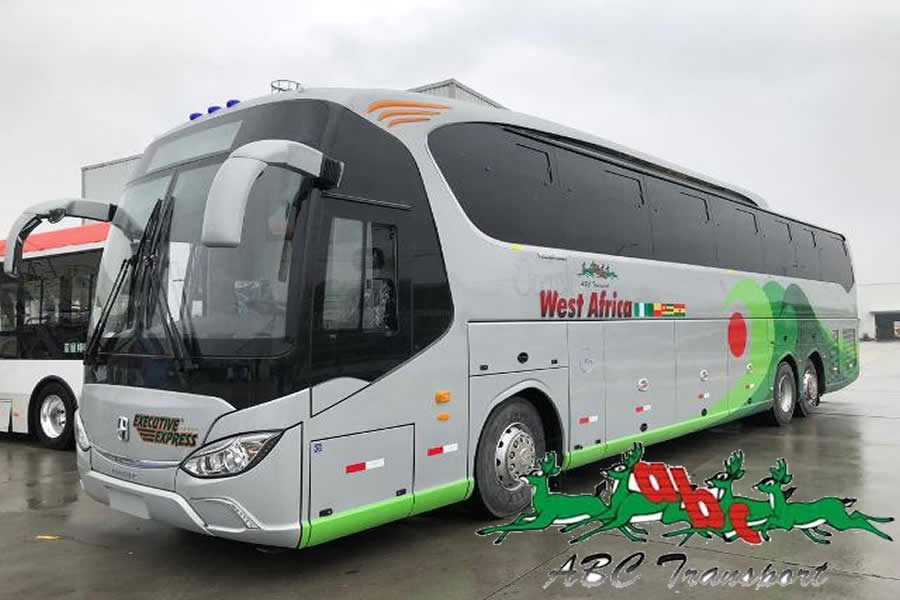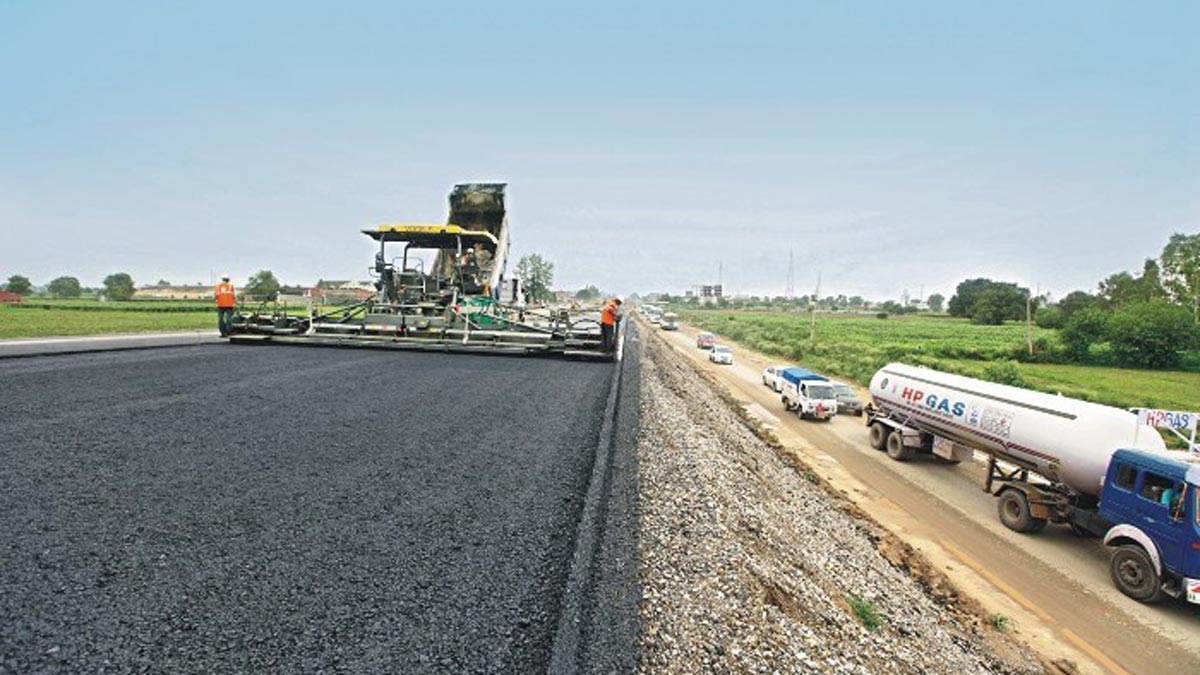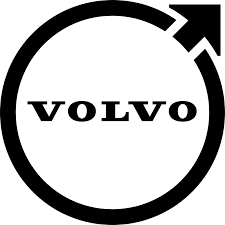- Senate Sets Conditions for FG on 2018 Budget
The Senate on Thursday considered and adopted the report of its Joint Committee on Appropriation and Finance over its meeting on Tuesday with the Minister of Finance, Mrs. Kemi Adeosun; and Minister of Budget and National Planning, Senator Udo Udoma, on the implementation of the 2017 Appropriation Act.
Part of the recommendations of the panel, approved by the chamber, was that if Nigeria would have a January to December budget cycle in 2018, the Federal Government must not roll over 60 per cent of capital projects in the 2017 budget as proposed by the Executive.
The upper chamber of the National Assembly also warned the Executive against selective implementation of projects “under the guise of completing priority projects.”
As part of its findings, the committee said, “The Executive claimed it was awaiting the resolution of the National Assembly on external borrowing to enable them to borrow externally to finance part of the capital component of the budget. This is because external debts have longer tenors and lower interest rates.”
The panel said it was also observed that the Executive had decided to focus on the completion of priority projects that were nearing completion, instead of implementing the budget as passed.
Another observation by the panel was that efforts were being made to have the 2018 budget proposal laid before the National Assembly this month, with the hope that the National Assembly would pass it in December for implementation to commence in January next year.
Some of the other observations were that “60 per cent of the capital component of the 2017 budget may be rolled over to 2018, with the expectation that it will commence in January 2018.
“The shortfall in personnel costs of some agencies are as a result of either error in budget or unapproved employment of staff. This is being investigated by the Executive, with a view to addressing the problem.
“There are revenue leakages of operating surpluses that agencies are not remitting to the Consolidated Revenue Fund.”
The lawmakers, however, stepped down the first recommendation in the report, which read, “The committee wishes to recommend that the issue of external borrowing be resolved with the Executive without further delay.”
President of the Senate, Bukola Saraki, stated there was no pending request for external borrowing with the chamber.
He said, “Let me also clarify this because I was involved by the Chairman of Appropriations (committee) that when the Minister of Finance came, she suggested that there were some requests before us on external borrowing.
“I just want to make it clear that there is no request on external borrowing that has not been acted upon. It must be that the letters have not left the Executive to come to us. I think it is important that we don’t delay such an important issue.
“If you remember, at the end of last session, on the last day, we treated requests from the states and those on the railways. There are no pending requests from Mr. President or, when he was away, from the Acting President on external loans.”
The Senate, however, approved other recommendations, including that “necessary steps be taken to ensure that the Executive does not embark on selective implementation under the guise of completing priority projects, because it will offend the spirit of the Appropriation Act.”
The Senate also approved that the Executive should be encouraged to block all leakages of operational surpluses of government’s Ministries, Departments and Agencies.
In his closing remarks, Saraki expressed fears over the proposal by the Federal Government to roll over about 60 per cent of capital projects for 2016 to 2018.
He said, “On the points that have been raised, the key point is to ensure that the Executive does carry out a level of implementation in line with what we proposed. And then, they should address the issue of operational surpluses.
In a related development, Saraki at the plenary on Thursday demanded the report by the Senate Ad hoc Committee on Alleged Misuse, Under-remittance and Other Fraudulent Activities, which was mandated to investigate Federal Government MDAs.
The Chairman of the committee, Senator Olamilekan Adeola, however, said the report was not ready.
Saraki made the demand after the Senate had passed the recommendation by the Senator Mohammed Goje-led joint committee on the mismanagement of operational surpluses by the MDAs.
The Senate President said, “We had a committee under Senator Adeola Olamilekan on this revenue (matter), I don’t know what happened to the report. The committee we set up for Internally Generated Revenue (probe), I have not got its report yet.”
Adeola, however, said an interim report would be presented to the Senate soon.
He said, “On the issue of agencies of government to explore the operating surplus for financing the budget, I want to bring to the notice of the Senate that just eight of these agencies constitute 80 per cent of the operational surpluses.
“But where is your report?” Saraki asked.
Adeola responded that the reports presented by the defendants were inadequate, stressing that the panel had asked the MDAs to present their audited financial reports.
The Senate, at the plenary on Thursday, referred the request to vire N135.6bn in the 2017 budget by Vice President Yemi Osinbajo to the Committee on Appropriations.
Osinbajo, who was acting President when President Muhammadu Buhari was in London on medical vacation, had on July 20, 2017, made the request in a letter to both chambers of the National Assembly.
It was a move to resolve the row between the Executive and the Legislature over some cuts and adjustments the latter did to the original proposals in the 2017 budget.
In the letter titled: ‘Request for Virement of Funds from Various Budget Lines to Fund Federal Government’s Priority Projects and Programmes,’ the opening paragraph confirmed the budget cuts and the fact that the two sides agreed to resolve their differences through the virement.
But the Deputy President of the Senate, Senator Ike Ekweremadu, criticised the virement request by the Executive.
While some senators condemned the Executive for moving to vire allocations in the 2017 Appropriation Act when the implementation had just begun, Ekweremadu specifically stated that it was illegal.
He said, “Something has been worrying me for some time over our budget process, and I think this is an appropriate time to raise this issue.
“Few minutes ago, we spoke about virement. For me, it is completely unconstitutional. If we are reforming the budget process, I think it is one of those things we must take cognisance of. There are only two ways we can spend money from the Consolidated Revenue Fund of the Federation. One is by appropriation process pursuant to Section 80(2) of the Constitution, and the other is by supplementary appropriation pursuant to Section 80(4).
“If we provide in the Appropriation Act that money can be vired, I believe that will be contrary to the provisions of the Constitution.”
According to Ekweremadu, the Executive seems not to be interested in sending a supplementary appropriation bill to the Legislature for approval, adding, “Rather, they will seek the shortcut through virement.”

 Naira6 days ago
Naira6 days ago
 Company News4 weeks ago
Company News4 weeks ago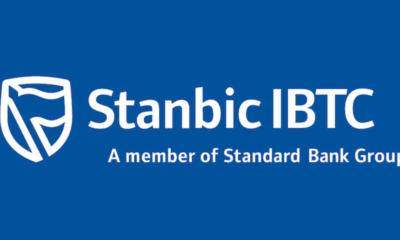
 Dividends4 weeks ago
Dividends4 weeks ago
 Economy4 weeks ago
Economy4 weeks ago
 Nigerian Exchange Limited3 weeks ago
Nigerian Exchange Limited3 weeks ago
 Banking Sector4 weeks ago
Banking Sector4 weeks ago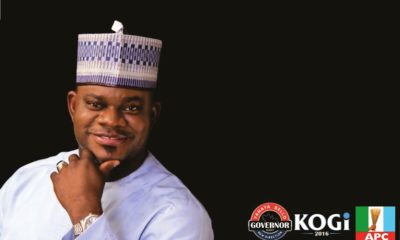
 Government2 weeks ago
Government2 weeks ago
 Dividends4 weeks ago
Dividends4 weeks ago














